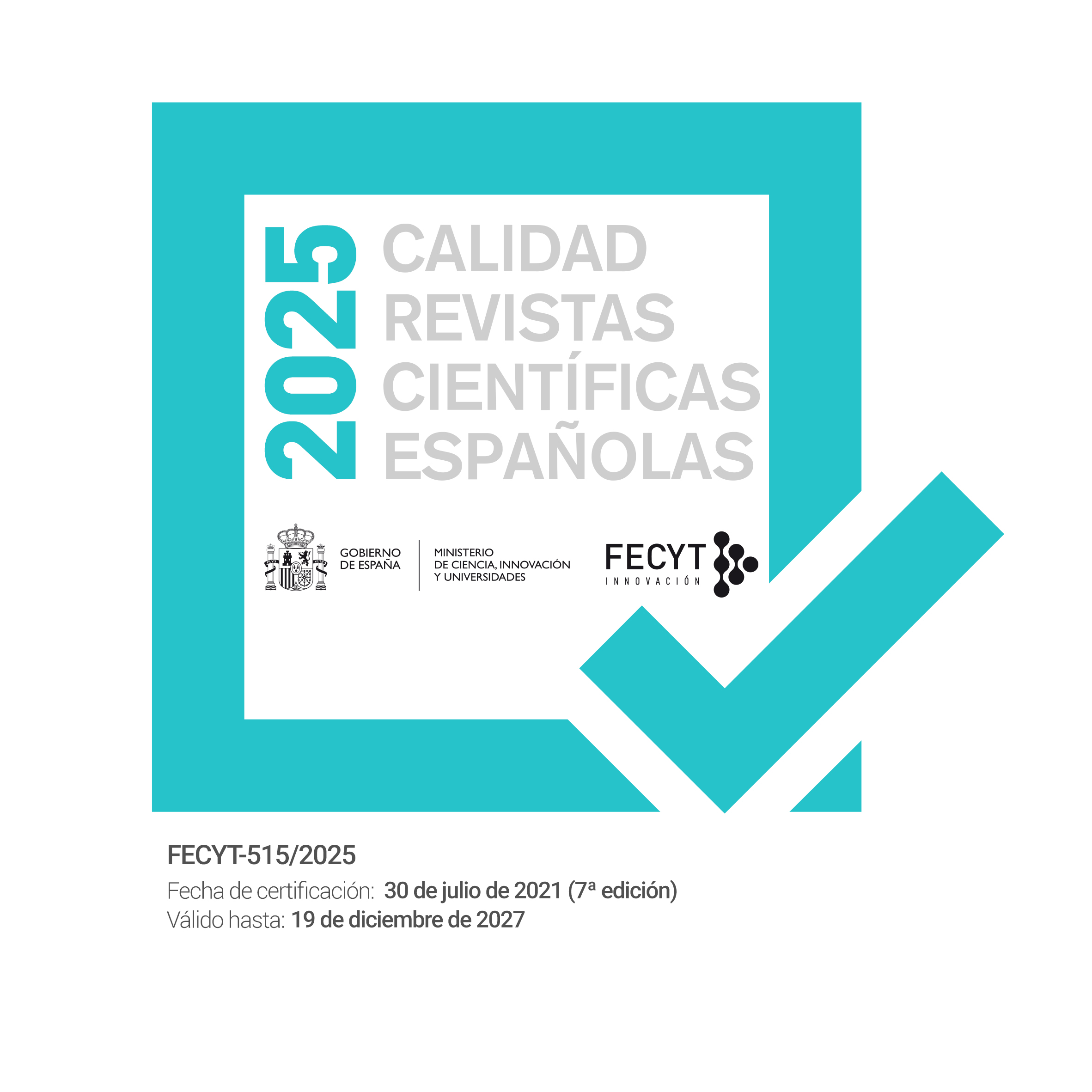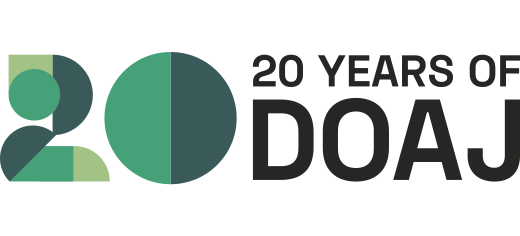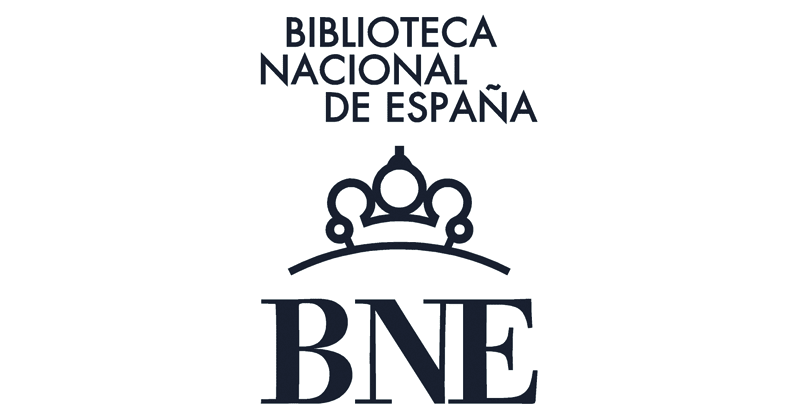Stangl, Werner, dir., Sistema de información histórico-geográfica (HGIS) de las Indias (1701-1808).
DOI:
https://doi.org/10.5944/rhd.vol.6.2021.27761Keywords:
Sistemas de Información Geográfica, datos espaciales, historia colonial, imperio españolAbstract
La tarea de agregar datos para hacer reconstrucciones territoriales, por ejemplo, crear mapas jurisdiccionales del periodo colonial, puede ser titánica para un solo investigador. Frente a esta problemática, HGIS de las Indias. Sistema de información histórico-geográfica de las Indias ofrece una serie de recursos digitales para acceder a datos espaciales y visualizaciones para comprender la geografía histórica del periodo de los Borbones (1701-1808) en Hispanoamérica.Downloads
References
Stangl, Werner (2020). Los correos terrestres de Cartagena de Indias en tiempos de la renta (1768-1810): Itinerarios, cartografía, un «mapa en relación topográfica», GPS y un SIG. Revista de Indias, [S.l.], v. 80, n. 278, p. 199-250, apr. 2020.
______________ y Paul Stangl. “Sinfonía del Nuevo Mundo: el modelaje espacio-temporal de HGIS de las Indias, una infraestructura SIG para la América hispana borbónica”. rcarto Revista Cartográfica, n.o 100 (2020): 195-214
_____________. (2019) A Matter of Scales: Understanding Spatial Patterns of Colonial Spanish America’s Silver Mining in the Digital Age. In: Pieper R., de Lozanne Jefferies C., Denzel M. (eds) Mining, Money and Markets in the Early Modern Atlantic. Palgrave Studies in Economic History. Palgrave Macmillan.
_____________. (2018). “The Empire Strikes Back?: HGIS de las Indias and the Postcolonial Death Star”. International Journal of Humanities and Arts Computing, 12(2), 138-162.
Downloads
Published
How to Cite
Issue
Section
License
Copyright (c) 2021 Maria José Afanador Llach, Santiago González Hernández

This work is licensed under a Creative Commons Attribution-NonCommercial 4.0 International License.
RHD provides immediate free access to its content under the principle that making research available to the public for free favors greater global knowledge sharing. RHD does not charge fees to authors for the submission or processing of articles
Users can read, download, distribute, print, search, partially reproduce or link to the texts without requesting prior permission from the editor or the author.
RHD does not charge fees to authors for the processing of works, nor fees for the publication of their articles.
RHD is free from the moment of the publication of each issue and its contents are distributed with Creative Commons license No Commercial 4.0 International , which allows the user free and open access, criteria that meet the definition of open access of the Budapest Declaration in favor of open access. This means that they can be copied, used, disseminated, transmitted and exhibited publicly, provided that the authorship and the original source of their publication are cited (magazine, editorial and URL of the work, not used for commercial purposes, mention the existence and specifications of this license of use.
The authors retain the copyright and guarantee the journal the right to be the first publication of the work. The authors are free to distribute their work published in the magazine in other media, such as an institutional repository or inclusion in a book.


























